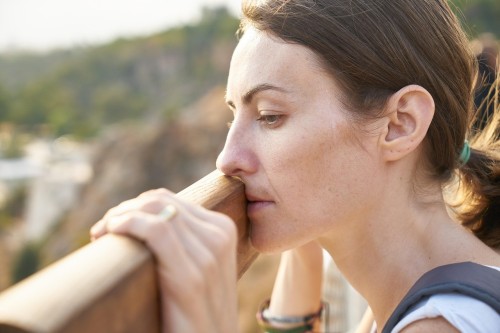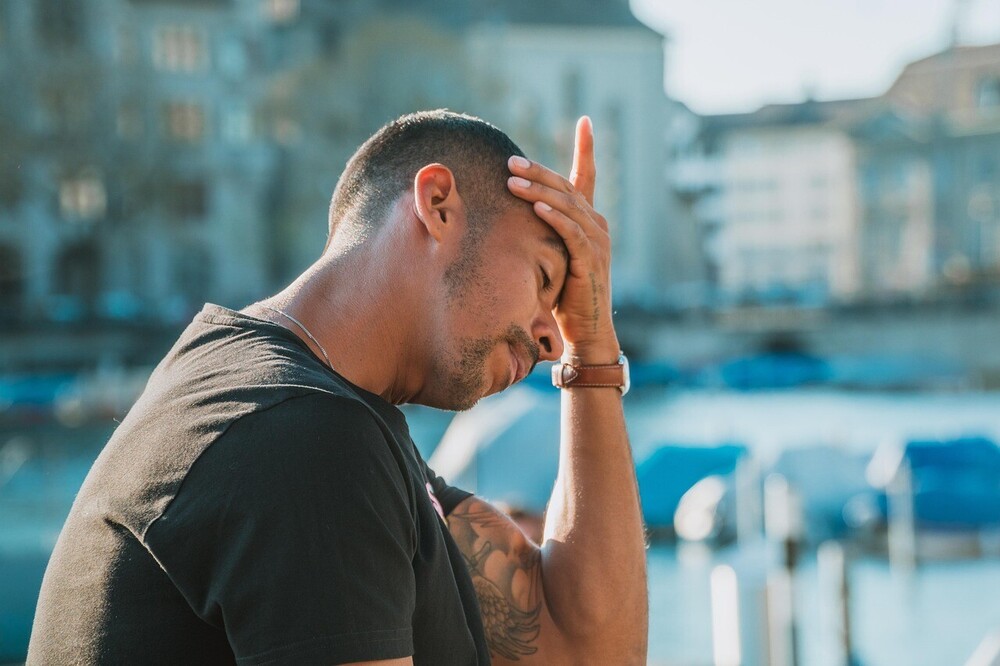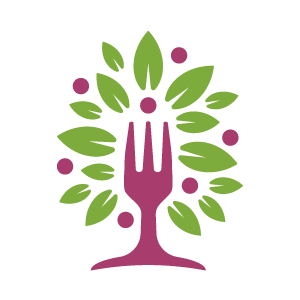Why Do We Get Sick On Holiday?

posted 31st July 2025

Holiday season is well and truly here but have you ever noticed how a cold or flu appears the moment you start the holiday? This pattern is called “leisure sickness” and happens when your body finally shifts from “go, go, go” to rest and repair. As stress hormones drop, the immune system bounces back and all the symptoms that have been held at bay suddenly seem to surface. This can be very frustrating just as you are starting your holiday but is a sign that chronic stress can be at play in your day to day busy life. This article will look at why “leisure sickness” occurs and steps you can take to stop it ruining your holiday.
The Stress-Sickness Connection
When you are constantly on the go, your body is in a state of low level chronic stress, even if you don’t feel acutely stressed. Chronic stress activates the sympathetic side of our nervous system and puts us in “fight or flight” mode. We are only meant to be in this state for short periods of time, such as when we fight or flee from a predator. But in modern day living we are often stuck in sympathetic nervous system mode for prolonged periods of time, sometimes lasting weeks or even months. Being in this state means the body diverts energy away from things it feels are non-essential for survival such as the digestive system, sleep and our immune function. Energy is instead channelled into staying alert and ready for action. Over time our immune system can become suppressed, our gut health can become compromised and inflammation increases in the body.
When you finally relax and go on holiday or have time off work and the usual rushed lifestyle, the nervous system shifts into parasympathetic “rest and digest” mode. This is when the body is able to properly rest and repair but the symptoms of dormant viruses which have not been properly addressed by the immune system may surface resulting in “leisure sickness”.
How Does Leisure Sickness Occur
As your body finally relaxes and slows down, a few physiological changes can occur:
- Immune Rebound - As cortisol (the stress hormone) drops, the immune system becomes more active. If viruses or pathogens were being held in check by nervous system activation, symptoms may then flare up as the immune system starts to address them.
- Detoxification - As part of the repair processes, the body starts to clear out accumulated waste. This can result in fatigue, congestion or skin breakouts and rashes.
- Adrenal Recovery - The adrenal glands can become depleted after long term stress. As the body slows down, fatigue that was masked by higher levels of adrenaline can finally kick in.
- Nervous System - The vagus nerve which activates the parasympathetic nervous system becomes more active, stimulating digestion and relaxation. However, if the gut was struggling before, then bloating and constipation can occur as the digestive system adjusts.
Strategies to Prevent Leisure Sickness
The good news is that leisure sickness on holiday is not inevitable. There are a few things you can do before and during your holiday to minimise the symptoms:
- Don’t Put Off Rest - Try to build in mini breaks and regular recovery time throughout your week, rather than saving all your rest for your holiday. Daily pauses including gentle walks, screen free time, early nights or slow and social meals all signal safety to your nervous system and gives your body windows of time to adjust.
- Support your Adrenals - Nutrients like vitamin C, B vitamins, magnesium and certain herbs can support your stress response. Boosting your nutrient status can be very beneficial.
- Balance Your Nervous System - Build in daily calming rituals like deep breathing or mindfulness practices to help shift your body more frequently into parasympathetic nervous system mode.
- Nourish Your Immune System - Keep your immune system resilient with a whole food diet rich in antioxidants (in berries and leafy greens), probiotics (in fermented foods) and plenty of filtered water. Checking your vitamin D and zinc status can also be helpful and nutritional therapy can help with this.
- Moderate Alcohol Intake - Drinking alcohol can suppress your immune system and increase inflammation. Alcohol also disrupts sleep quality and depletes vital nutrients like magnesium and B vitamins which are essential for stress recovery.
- Avoid caffeine and stimulants - Excess caffeine or stimulant consumption can overstimulate the adrenal glands, increase stress hormones and disrupt the nervous system’s ability to relax and recover.
- Don’t Have an Overactive Break - Filling your holiday break with endless sightseeing trips and activities does not give your body time to do that essential rest and repair. Factor in essential downtime, restorative sleep and a slower daily schedule.
In summary, sickness on holiday is a signal from your body that you need to take better care of it. It is a sign that your body has been under stress for a while. Medicinal Eating Nutritional Therapy can help you understand how to fuel and support your body to make sure you are able to fully enjoy your break. If you would like more information and book a free discovery call please contact Medicinal Eating or email Janine direct at info@medicinaleating.co.uk.


